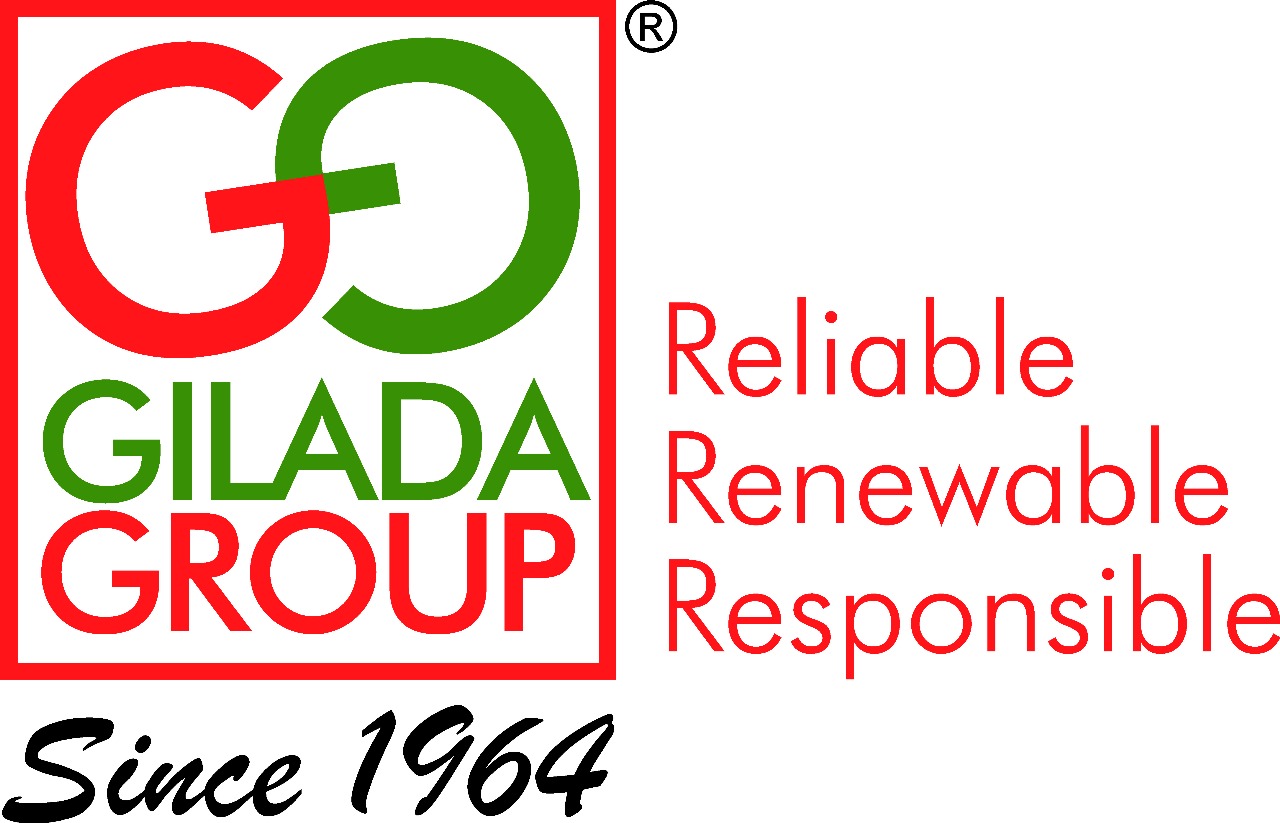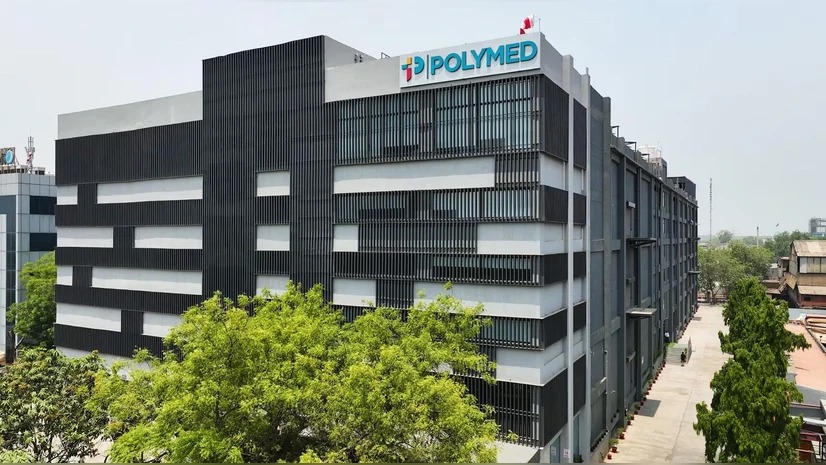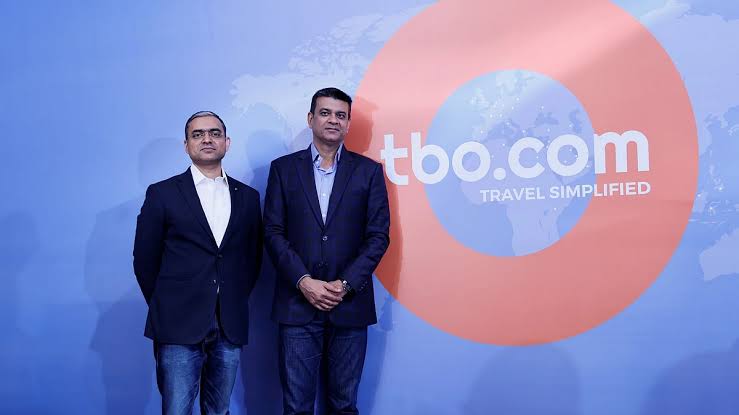 Image Source: Business Standard
Image Source: Business Standard
Reliance Consumer Products Ltd (RCPL), the fast-growing FMCG arm of Reliance Industries, is being positioned as a potential $1-trillion company within the next five years. Brokerages and market analysts are bullish on the company’s trajectory, citing its aggressive expansion, strategic restructuring, and deep penetration into India’s consumer base. With RCPL now set to become a direct subsidiary of Reliance Industries Ltd (RIL), the move is expected to unlock sharper execution and long-term value creation across the consumer goods landscape.
Key Highlights
RCPL targets ₹1 lakh crore in revenue within five years, aiming to become India’s largest FMCG company
Brokerages project RCPL’s valuation could touch $1 trillion by 2030, driven by consumption growth and brand consolidation
RCPL to become a direct subsidiary of RIL, enabling focused strategy and operational agility
FY25 revenue reached ₹11,500 crore, with strong growth across staples, beverages, and confectionery
India’s middle-class and rural markets identified as key growth drivers
Strategic Restructuring and Subsidiary Status
At the 2025 Annual General Meeting, Isha Ambani announced that RCPL will transition from being a subsidiary of Reliance Retail Ventures to a direct subsidiary of RIL. This restructuring is designed to consolidate all consumer brands under one focused entity, allowing RCPL to operate with greater independence and strategic clarity.
Enables sharper execution and faster innovation cycles
Improves responsiveness to consumer trends and competitive dynamics
Positions RCPL to scale rapidly across categories and geographies
The move is seen as a pivotal step in Reliance’s broader consumer play, aligning with its ambitions to dominate India’s $2 trillion consumer market.
Market Opportunity and Consumption Boom
India’s consumer landscape is undergoing a transformation, with rising income levels, digital adoption, and brand consciousness driving demand for packaged goods. RCPL is tapping into this momentum with a multi-pronged strategy.
India’s 350 million middle-class households have a combined purchasing power of ₹100 lakh crore
Rural markets, home to 900 million consumers, are growing faster than urban areas, with branded product penetration rising 35 percent annually
RCPL’s focus on affordability and quality positions it to capture both premium and mass-market segments
Brokerages believe this combination of rising middle-class consumption and rural adoption presents an unmissable opportunity for RCPL to scale.
Product Portfolio and Brand Expansion
RCPL has rapidly expanded its product portfolio through acquisitions and in-house brand development:
Acquired legacy brands like Campa Cola, Lotus Chocolate, Toffeeman, and Ravalgaon
Launched Independence, a staples brand offering rice, flour, and pulses
Entered beverages, confectionery, and personal care segments with aggressive pricing and distribution
The company has also begun international expansion, launching products in parts of Africa and exploring new markets for its sweets and beverages2.
Financial Performance and Valuation Outlook
RCPL reported ₹11,500 crore in revenue for FY25, with expectations of 20 percent CAGR over the next five years. Brokerages estimate that with continued growth, brand consolidation, and supply chain optimization, RCPL could reach a valuation of $1 trillion by 2030.
Lotus Chocolate, a RCPL-owned stock, surged 10,800 percent over five years, turning ₹1 lakh into ₹1.09 crore
RCPL’s margin strategy and manufacturing capabilities are helping build strong supply chain ties
Analysts cite RCPL’s ability to deliver global-quality products at Indian prices as a key differentiator
The company’s performance is being closely watched as a bellwether for India’s next wave of consumer-led growth.
Conclusion
RCPL’s journey from a fledgling FMCG player to a potential $1-trillion powerhouse reflects Reliance’s strategic foresight and execution strength. With a sharp focus on brand building, rural penetration, and manufacturing scale, RCPL is poised to reshape India’s consumer goods market. Brokerages remain optimistic that this transformation will generate massive shareholder value and redefine the contours of India’s FMCG sector.
Sources: Business Today, The Week
Advertisement
Advertisement






